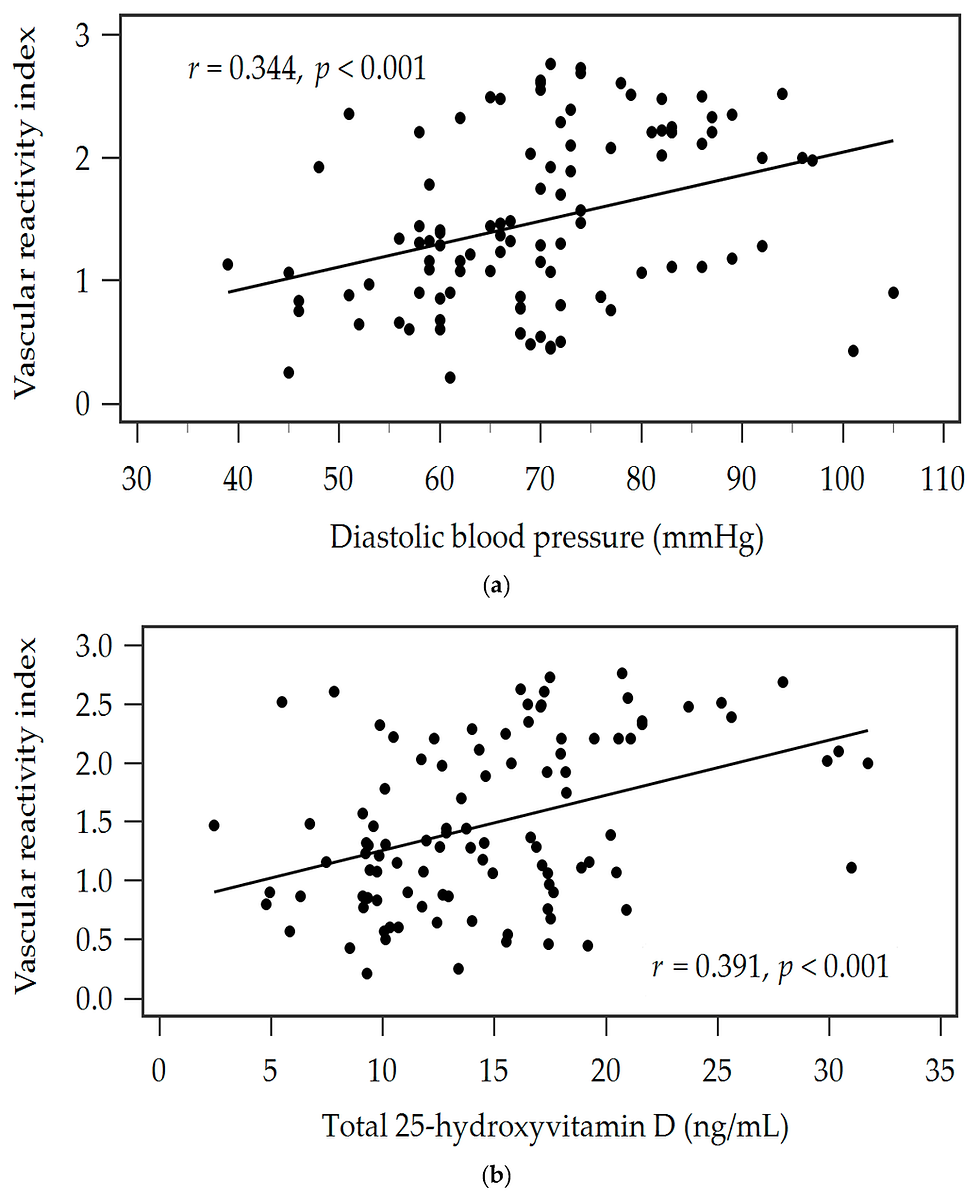A novel technique for the assessment of preoperative cardiovascular risk: reactive hyperemic ...
- Jan 9, 2023
- 1 min read
A novel technique for the assessment of preoperative cardiovascular risk: reactive hyperemic response to short-term exercise
Robert Schier, Jochen Hinkelbein, Hanke Marcus, Ashley Smallwood, Arlene M Correa, Reza Mehran, Randa El-Zein, Bernhard Riedel
Biomed Res Int 2013;2013:837130.
Abstract
Background: Perioperative vascular function has been widely studied using noninvasive techniques that measure reactive hyperemia as a surrogate marker of vascular function. However, studies are limited to a static setting with patients tested at rest. We hypothesized that exercise would increase reactive hyperemia as measured by digital thermal monitoring (DTM) in association to patients' cardiometabolic risk.
Methods: Thirty patients (58 ± 9 years) scheduled for noncardiac surgery were studied prospectively. Preoperatively, temperature rebound (TR) following upper arm cuff occlusion was measured before and 10 minutes after exercise. Data are presented as means ± SD. Statistical analysis utilized ANOVA and Fisher's exact test, with P values <0.05 regarded as significant.
Results: Following exercise, TR-derived parameters increased significantly (absolute: 0.53 ± 0.95 versus 0.04 ± 0.42°C, P=0.04, and % change: 1.78 ± 3.29 versus 0.14 ± 1.27 %, P=0.03). All patients with preoperative cardiac risk factors had a change in TR (after/before exercise, ΔTR) with values falling in the lower two tertiles of the study population (ΔTR <1.1%).
Conclusion: Exercise increased the reactive hyperemic response to ischemia. This dynamic response was blunted in patients with cardiac risk factors. The usability of this short-term effect for the preoperative assessment of endothelial function warrants further study.
Read Full Text Here: https://www.hindawi.com/journals/bmri/2013/837130/




Comments